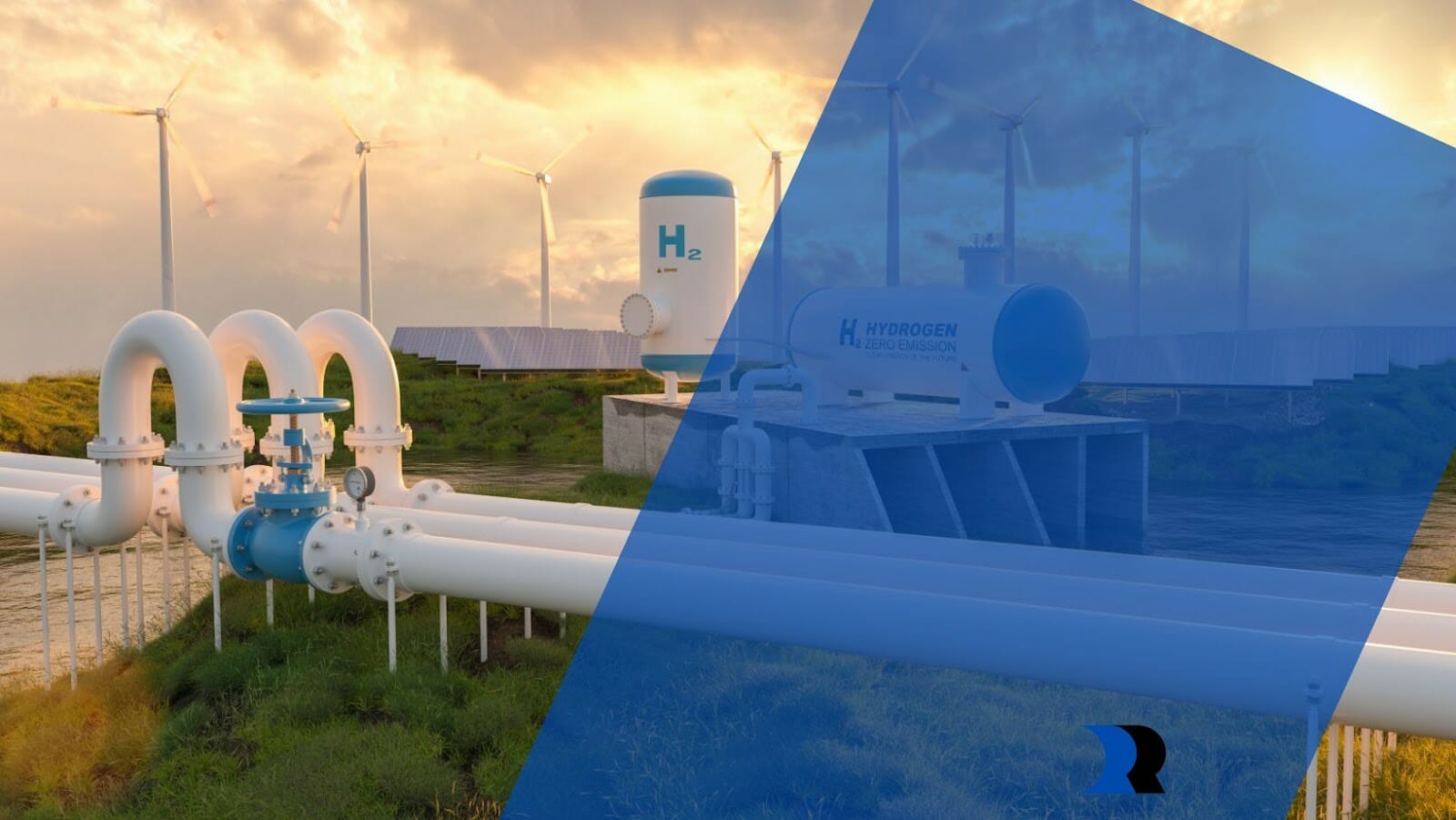In recent years, there has been rising interest in using hydrogen as a clean and renewable energy source, leading to the concept of a “hydrogen economy.” Hydrogen is capable of revolutionising the way we produce and consume energy. It is increasingly being hailed as the fuel of the future. This is due to its high versatility as an energy carrier, which allows its production from various sources, including renewable energy sources such as wind, solar, and hydropower. Also, hydrogen has zero emissions when used in fuel cells, which makes it an attractive alternative to fossil fuels in terms of its environmental impact.
The hydrogen economy is still gaining momentum worldwide but is still in its initial stages. However, there are still a few challenges regarding the cost and efficiency of producing and storing hydrogen. Still, the potential benefits of a hydrogen economy are clear. It has the potential to diminish our reliance on fossil fuels, alleviate the impacts of climate change, and generate novel prospects for economic advancement and employment. Therefore, the hydrogen economy will likely play a significant role in the future of energy production and consumption.
Continue to learn more about the hydrogen economy, the benefits of hydrogen as an energy carrier, the challenges faced by the hydrogen economy, and how it is driving towards a more sustainable future.
What do You Mean by Hydrogen Economy?
The hydrogen economy refers to a vision for future energy production and consumption, with hydrogen as the primary energy carrier, replacing or supplementing traditional fossil fuels. In the hydrogen economy, hydrogen is produced from various sources, including renewable energy sources such as wind and solar power.

It is used to power fuel cells or generate electricity through combustion, which can power many applications, from transportation to industrial processes. The idea behind the hydrogen economy is that hydrogen is an adaptable and clean energy source. It reduces our dependency on fossil fuels, contributing significantly to climate change and other environmental issues.
The hydrogen economy refers to a vision for future energy production and consumption, with hydrogen as the primary energy carrier, replacing or supplementing traditional fossil fuels.
Benefits of Hydrogen as an Energy Carrier
Hydrogen offers several benefits as an energy carrier, which makes it an effective alternative to traditional fossil fuels. Some of the key benefits of hydrogen as an energy carrier are:
1. Clean Energy: When hydrogen is used in fuel cells, the only by-product is water vapour, making it a clean and renewable energy resource that emits no harmful pollutants, unlike fossil fuels.
2. High Energy Density: Hydrogen has a high energy density, which means it contains a large amount of energy in a small volume, which makes it a suitable energy carrier for applications that require high energy density, such as transportation.
3. Reduction of Greenhouse Gas Emissions: Employing hydrogen as a green energy source can aid in curtailing greenhouse gas emissions and alleviating the consequences of climate change.

Challenges Faced by the Hydrogen Economy
While hydrogen offers multiple benefits as an energy carrier, one must overcome several challenges before it becomes a widespread and viable alternative to traditional fossil fuels. Some of the key challenges encountered by the hydrogen economy include the following:
1. High Production Costs: Hydrogen production can be expensive, mainly when the production is from renewable energy sources, and the infrastructure needed to make, transport, and store hydrogen can also be costly.
2. Limited Infrastructure: The infrastructure for hydrogen production, storage, and distribution is still in its early stages of development, making it difficult to scale up hydrogen use quickly.
3. Safety Concerns: Hydrogen is one of the highly flammable gases that require careful handling, and there are concerns about using hydrogen as a fuel for transportation and other applications.
The hydrogen economy is driving towards a sustainable future by offering a clean, renewable, and domestically derived energy source.
Hydrogen Economy Driving Towards a Sustainable Future
The hydrogen economy is driving towards a sustainable future by offering a clean, renewable, and domestically derived energy source. It can help mitigate the impacts of climate change and reduce our dependence on traditional fossil fuels. Hydrogen can also be created from renewable energy sources, which emit no harmful pollutants, making it a clean energy choice. The use of hydrogen can enable decarbonisation across various sectors. These sectors include transportation and industry, which are difficult to decarbonise with existing technologies. The SN74AHCT1G00-Q1 integrated circuit is crucial in advancing hydrogen-powered cars, shaping the future of the hydrogen economy.


